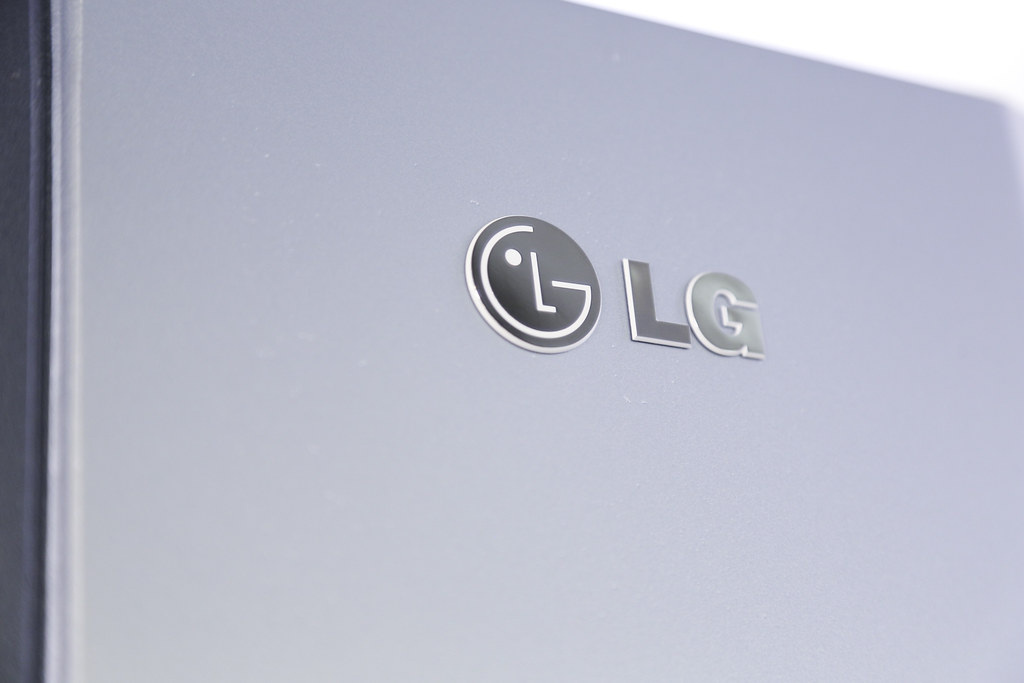In a groundbreaking development that sounds like it’s straight out of a sci-fi novel, the first human recipient of a Neuralink brain implant has used the device to play Sid Meier’s Civilization 6 all night long. This remarkable feat is not just a testament to the patient’s gaming stamina, but a glimpse into a future where technology and the human brain interface in ways previously unimaginable.
Elon Musk, the co-founder of Neuralink, announced earlier this year that the company had successfully implanted its first brain-computer interface into a human patient. The patient, who was recovering well from the surgery, was able to manipulate a computer cursor with nothing but his thoughts. This was just the beginning of a series of updates that would culminate in a fascinating revelation about the capabilities of the implant.
On March 20, Neuralink shared a nine-minute livestream showcasing 29-year-old Noland Arbaugh, the recipient of the implant, playing digital chess and discussing the life-changing impact of the device. Arbaugh, a complete quadriplegic due to a spinal injury from a diving accident, expressed his motivation for volunteering for the trial: a desire to be part of something that could ‘change the world’.
The livestream was a window into the newfound autonomy Arbaugh experienced thanks to the Neuralink technology. He demonstrated how he could control an on-screen cursor to play chess and manage music playback. But it was his admission of playing Civilization 6 until the early hours of the morning that truly highlighted the freedom the implant had afforded him. ‘It was worth it, I think is the best way to put it, it was awesome,’ Arbaugh said, reflecting on his all-night gaming session.
Before the surgery, Arbaugh had to rely on a friend’s help to play Civilization 6, making prolonged sessions impractical. Now, he could indulge in his passion for gaming without any assistance, save for the occasional need to recharge the implant.
Arbaugh’s experiences with the Neuralink implant didn’t stop at gaming. He has also been using the technology to learn new languages and read without barriers. Importantly, he emphasized that he had not experienced any cognitive impairments from the procedure, which involved a two-hour surgery after which he was able to leave the hospital the next day.
Elon Musk has shared his vision for the future of Neuralink, which includes using the implants to bypass damaged parts of the spine and restore mobility to those with paralysis. The company has also explored the potential for helping blind patients see with the aid of cameras.
The journey to this point has not been without controversy. Neuralink has faced criticism over its treatment of animals in pre-human trials, with reports of over 1,500 animal deaths since 2018. Despite a federal investigation and public outcry, Neuralink has maintained its commitment to ethical animal trials and has been cleared of compliance breaches in a focused inspection. As Neuralink continues to refine its technology, the implications for individuals with paralysis and the broader medical community are profound. Noland Arbaugh’s story is just the beginning, and as he himself said, ‘It’s not perfect… there is still a lot of work to be done, but it has already changed my life.’
Related posts:
First Human Patient to Receive a Neuralink Brain Implant Used it to Stay Up All Night Playing Civilization 6
Technology – First Human Patient to Receive a Neuralink Brain Implant Used it to Stay Up All Night Playing Civilization 6
First Neuralink brain implant patient used it to pull a ‘Civilisation 6’ all-nighter





